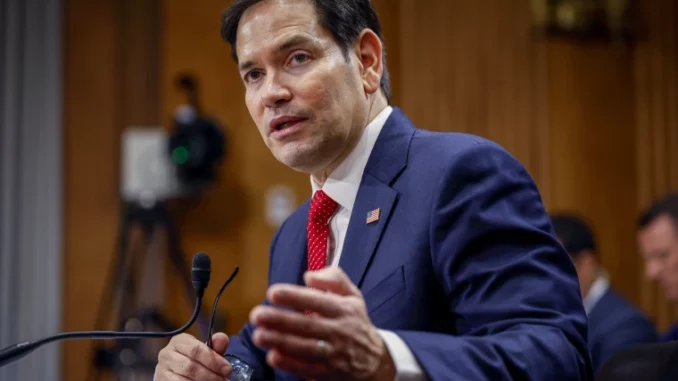
United States Secretary of State Marco Rubio has announced that he will skip the upcoming Group of 20 (G20) talks in South Africa, citing growing tensions between Washington and Pretoria over a controversial land expropriation law.
Rubio’s decision, made public on Wednesday February 5, follows a threat from US President Donald Trump to cut aid to South Africa in response to the passage of legislation that allows for land seizure without compensation in specific cases. The law has sparked significant debate, with critics in the US arguing that it undermines property rights and could deter foreign investment.
The law, signed by South African President Cyril Ramaphosa last month, enables the government to expropriate land without compensation where it is deemed in the public interest, such as when land is underused or there is an inability to reach an agreement with the owner. While the African National Congress (ANC) defends the measure as a necessary step to rectify the inequities created by apartheid, the opposition Democratic Alliance (DA) has expressed concerns about its potential economic impact. South Africa, which holds the G20 presidency until November 2025, is set to host a meeting of foreign ministers in Johannesburg on February 20-21.
Rubio’s refusal to attend the G20 talks has sparked criticism from some quarters, with former Biden administration official Andrew Bates accusing the move of damaging US national security and economic interests while benefiting China. Meanwhile, President Ramaphosa has defended the land expropriation law, asserting that it is not an instrument for confiscation but part of a constitutionally mandated process aimed at achieving equitable land distribution. This controversy highlights the sensitive nature of land ownership in South Africa, where historical injustices continue to shape the political and economic landscape.
